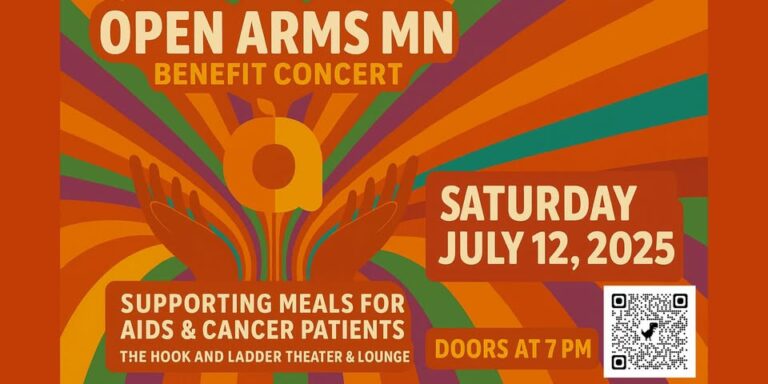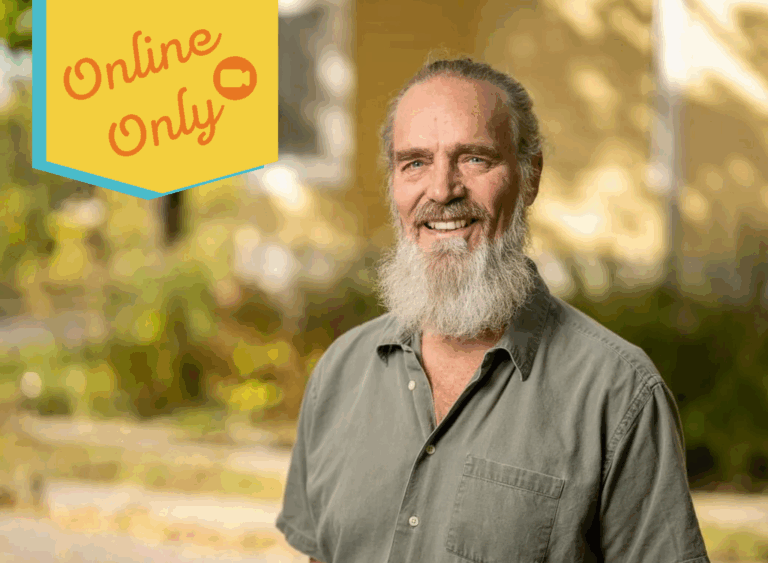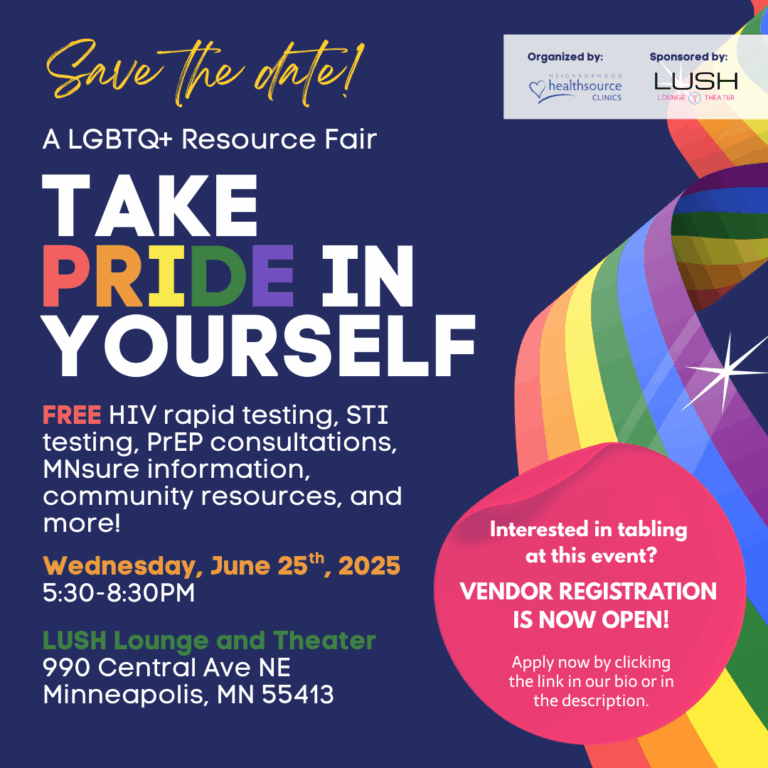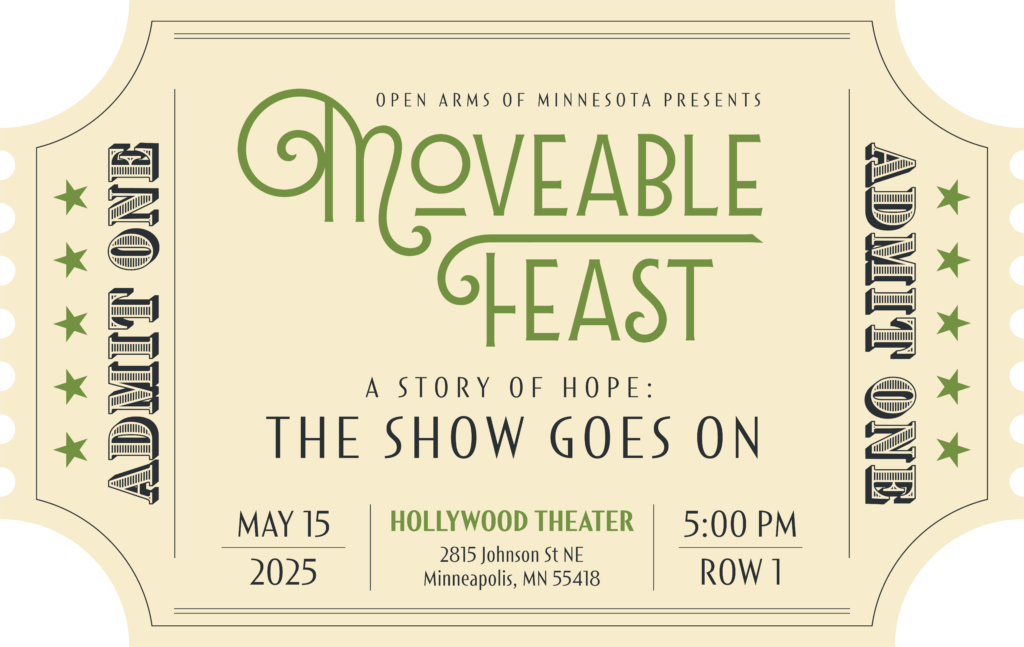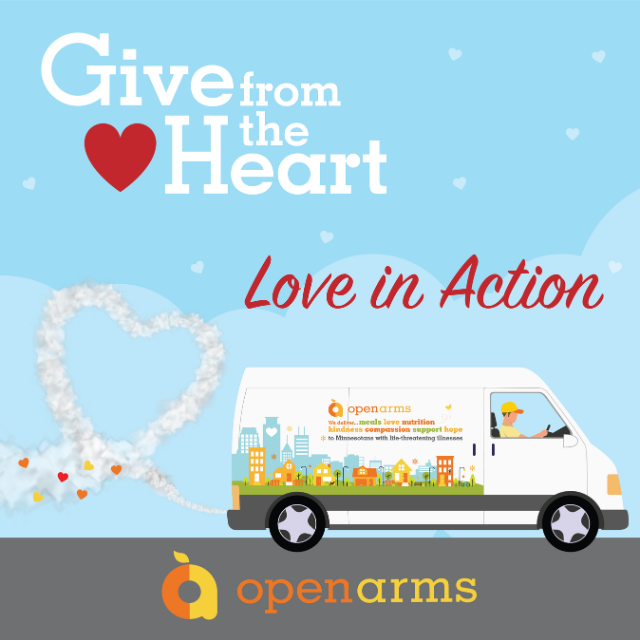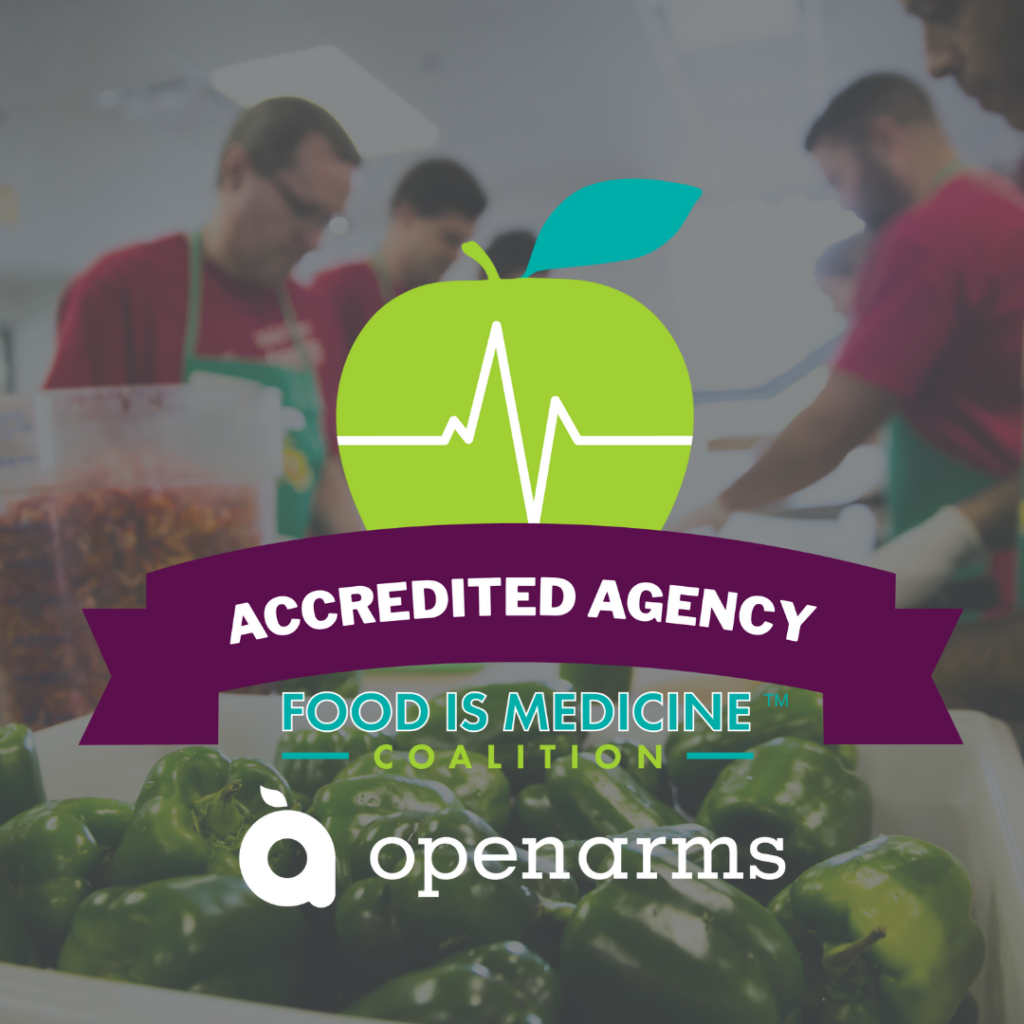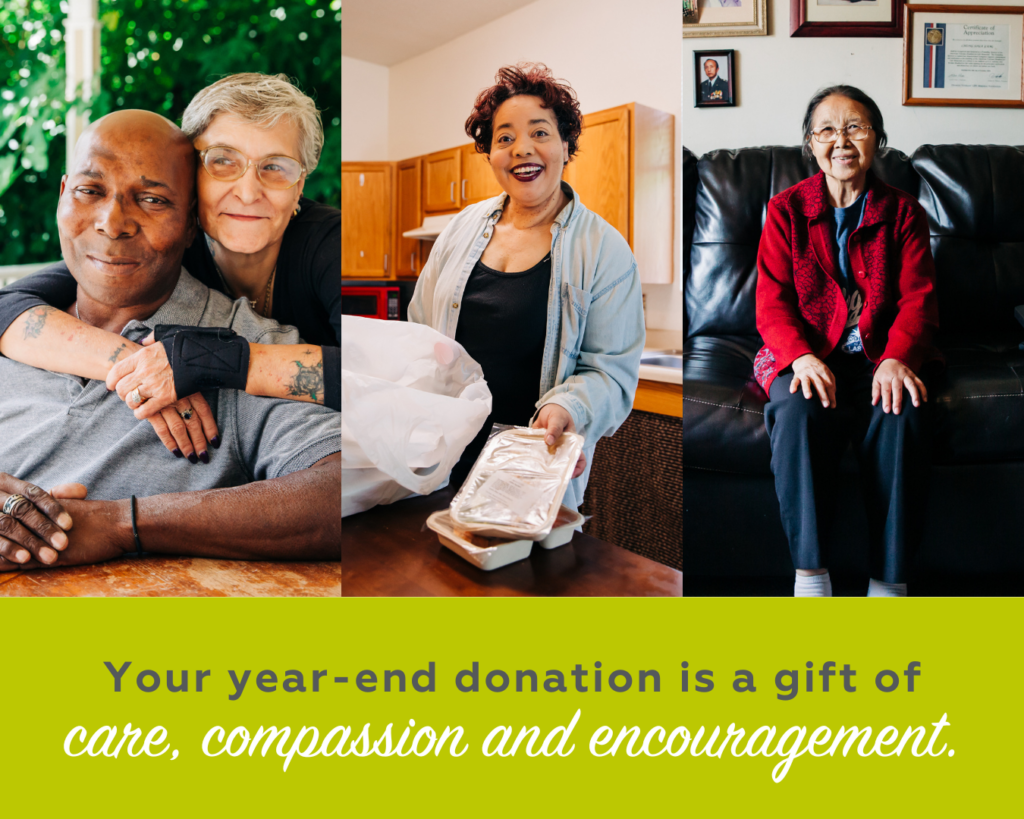On
I’m critical of the lack of political leadership on what has become one of the greatest issues of our time, but there is plenty of blame to go around. At the start of the AIDS crisis in this country some corporations discriminated against people with HIV/AIDS. Too many faith communities were silent on the subject, while others were actually condemning. And sadly, many families disowned their children – oftentimes because they could not accept their son’s homosexuality and HIV status.
I know a bit about those early years of the AIDS epidemic because I lived in
Through my work at Open Arms of Minnesota to provide food and nutrition to people living with HIV/AIDS, and through my travels and work in the townships of
HIV/AIDS has as much to do with homophobia, racism, gender inequality, and economic inequality as it does a public health issue. Compare this country’s silence on HIV/AIDS in the 1980s when it was primarily gay men being infected, to this country’s immediate and widespread response to Legionnaire’s Disease which affected a couple of hundred American Legion delegates – most believed to be heterosexual – in 1976 in Philadelphia. And, if you don’t think racism plays a role in HIV/AIDS, do you really believe that our lack of response to AIDS in places like sub-Saharan
Just as homophobia, racism, gender and economic inequalities are interconnected with HIV/AIDS, so too must the solutions be more than prevention and care and treatment. We need a comprehensive approach to HIV/AIDS that also addresses: educational opportunities for all, economic independence, access to decent health care, inheritance rights for women, land use, food security, AIDS-sensitive agriculture, the reduction of sexual violence, and same sex marriage.
If you care about any of these issues, you must care about HIV/AIDS because at this point in our history, all of these issues are interconnected – but the solutions don’t necessarily need to be.
I used to say that HIV/AIDS affects people without a voice, but I learned long ago that this isn’t true. It’s not that gay people, people of color, women, and poor people don’t have a voice – it’s just that people with power and privilege choose not to hear those voices. It’s past time that these voices be listened to.

